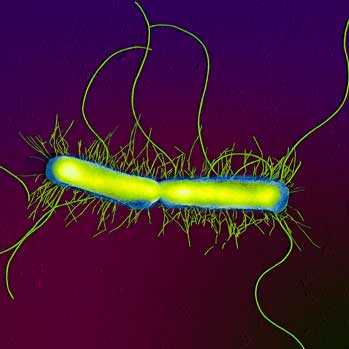Three species—P. vulgaris, P. mirabilis, and P. penneri—are opportunistic human pathogens. This set includes frequencies for P. vulgaris only. Proteus includes pathogens responsible for many human urinary tract infections. Proteus mirabilis causes wound and urinary tract infections. Most strains of Proteus mirabilis are sensitive to ampicillin and cephalosporins. Proteus vulgaris is not sensitive to these antibiotics. However, this organism is isolated less often in the laboratory and usually only targets immunosuppressed individuals. Proteus vulgaris occurs naturally in the intestines of humans and a wide variety of animals; also manure, soil and polluted waters. Proteus mirabilis, once attached to urinary tract, infects the kidney more commonly than E. coli. Proteus mirabilis are often found as free-living organisms in soil and water.
Related services
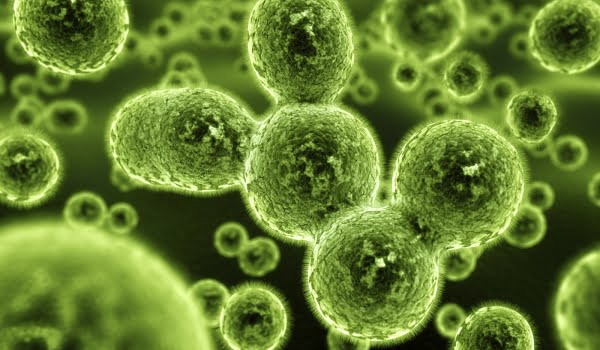
Black Mold and Other Fungi – Version 6.0
Everyone runs into mold on a regular basis and these frequencies can help tremendously.
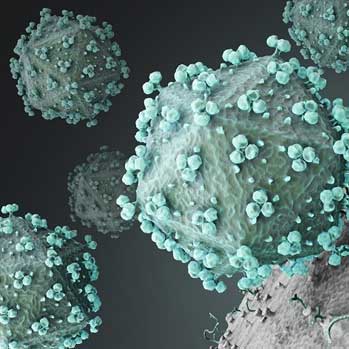
Orion Retrovirus – Version 4.5
These viruses will steal your dreams, particularly when they are combined with flouride in your brain.
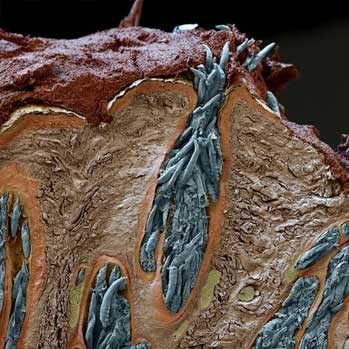
Rosacea Demodex – Version 6.0
Some rosacea is associated with a Demodex infection, a common mite. It affects bodily functions even when there are no observable symptoms.

Epstein-Barr Virus – Version 5.0
Epstein-Barr virus (EBV) is a chronic condition in a large segment of the population causing many negative health effects.
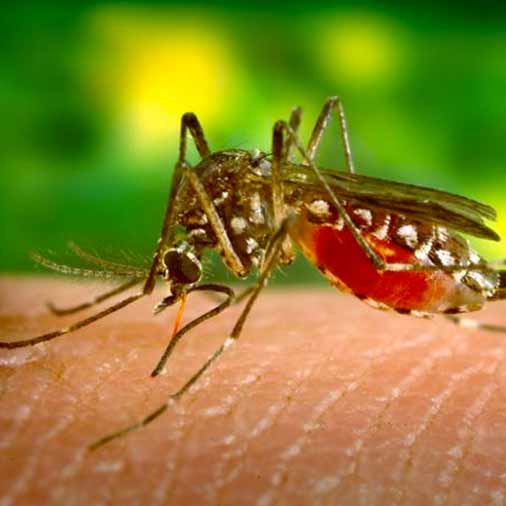
West Nile Virus – Version 3.0
For the past decade fellow researchers have worked with the Frequency Research Foundation to identify frequencies that will make over 150 species of mosquitos go away, including those mosquitos carrying the West Nile Virus.
